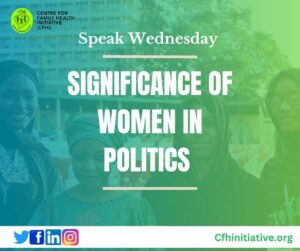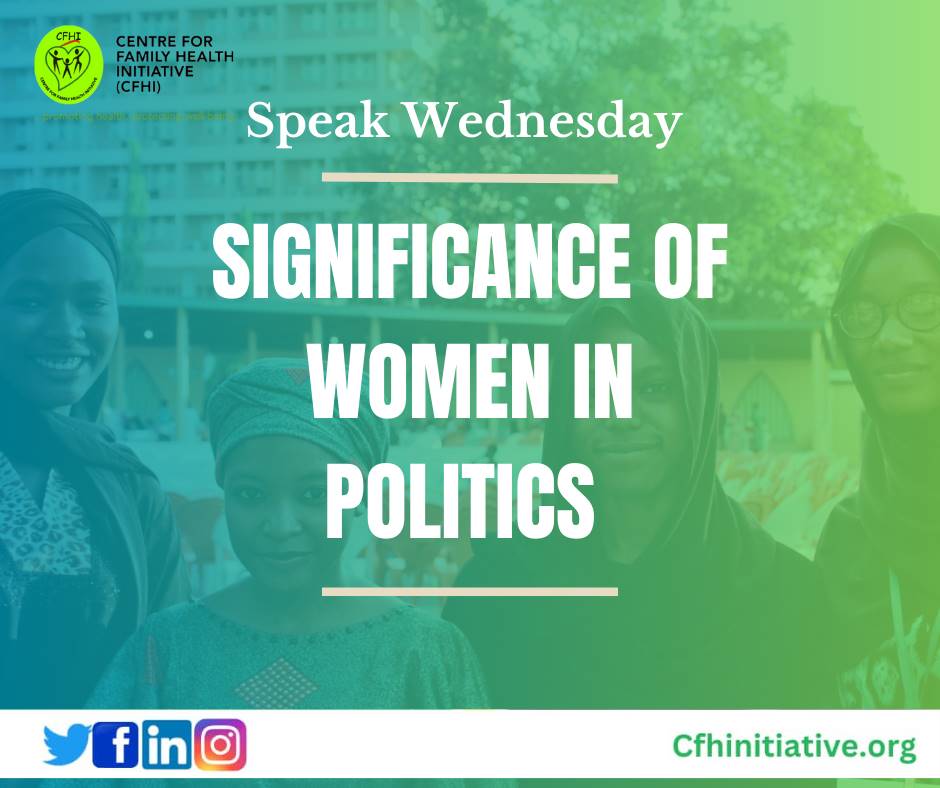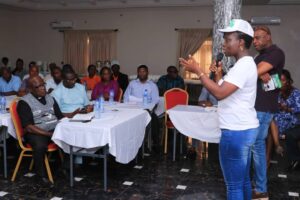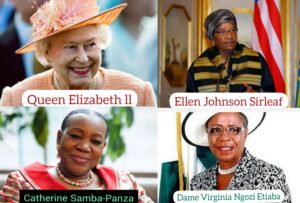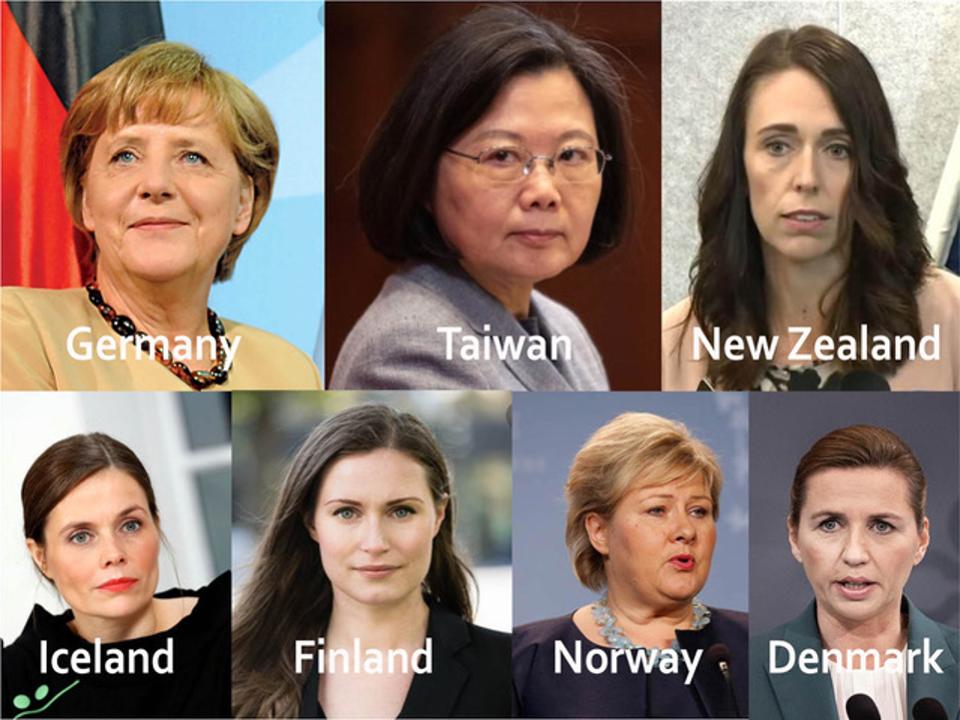SPEAK WEDNESDAY – WOMEN TRAFFICKING AND SEX SLAVERY
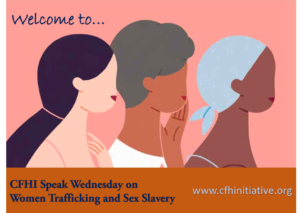
Human is a universal word used to describe a person irrespective of age, gender, physical attributes, religion, social affiliations, cultural and traditional beliefs, economic capabilities, family background and educational qualifications. This means the universe equates us as one. We are all the same kind but designed to have various peculiarities. The vulnerable and less privileged are not inferior versions of humans so we must not take advantage of them. They are not commodities to be traded for sex slavery, forced labour, rituals or even forced into marriage.
Human trafficking/trading is inhumane and illegal and it is mostly used as a medium for economic exploitation of its victims and it can be done within or outside a particular environment. It involves coercion, intimidation, manipulation, brutality, control, abduction, fraud, isolation from family, threats, and violence in some cases. All these characteristics violate the basic rights of humans as citizens of the earth. Humans are not for sale!
Anyone can be a victim of human trafficking but there are risk factors that increase ones vulnerability of falling prey to human traffickers. Most potential victims of trafficking desire to migrate to places where they will have better lives with better living conditions. Traffickers take advantage of this desire by promising to sponsor the trips, give the vulnerable ones jobs or enroll them in schools. Some parents give out or sell their children to wealthy friends, relatives and even strangers not minding if they are human traffickers or not. This practice has to stop because every child deserves the right to be cared for and protected by their parents or guardian.
Unfortunate circumstances such as kidnap make the victims more vulnerable to human traffickers. Most African countries have porous borders. People are trafficked across borders but many of them have not being identified and saved. Also, corrupt government officials and officers hide and protect the perpetuators of human trafficking thereby encouraging it in the society. Other risk factors are unemployment, riot, poverty, natural disasters and war that can lead to displacement, and political instability.
Boys and men are victims of trafficking. However, majority of individuals who are victims of human trafficking are women and girls. In Africa, our culture devalues women and girls and this makes them more vulnerable to trafficking. Due to stigmatization, some of these girls in trying to escape toxic environments and families, end up meeting the wrong people who will lure them into joining the a team that will later be forced into prostitution and others converted into baby production machines. They are raped brutally and impregnated against their will. Worst of all, they are deprived the privilege of motherhood after birthing their children. The newborns are sold, some killed to be used for rituals. The female suffer from physical, sexual, emotional and psychological abuse.
Casualties of human trafficking suffer devastating consequences such as psychological trauma, body pains, injury, bruises from physical assault, post-traumatic stress, depression that can lead to suicide, sexual transmitted diseases, and unwanted pregnancies. Most individuals who were victims of human trafficking and were rescued find it difficult to enjoy a normal life. It may be difficult for them to earn an independent living through an honest means after they are rescued. These victims lose their self-esteem and isolate themselves from people. Some of the trafficked persons die from physical assault or even poorly managed infections, others during child birth. Some victims of trafficking are killed and their body parts extracted to be used for ritual purposes.
Creating awareness in social groups is one of the effective ways to fight human trafficking. Talk about the dangers and effects of human trafficking. Teach them the indicators of human trafficking and tactics used by human traffickers. Social media is also a good medium to advocate, educate and sensitize people to issues of women and girls trafficking in the society. Parents should be discouraged from giving out their children to affluent families for work. The government can work with different Community Based Organizations and Non-Governmental Organizations to provide various forms of interventions to victims and survivors of women trafficking and sex slavery. Centre for Family Health Initiative will continue to mentor and sensitize young and vulnerable girls and create opportunities for them to acquire skills that will empower them financially in order to combat the will to migrate illegally.
